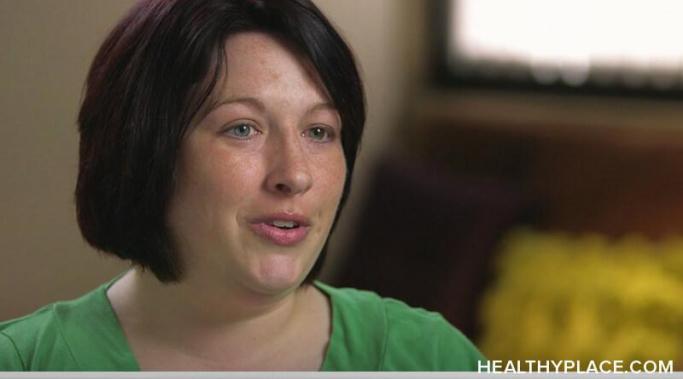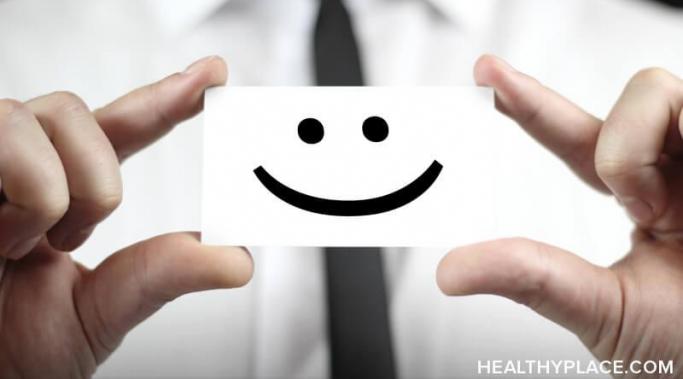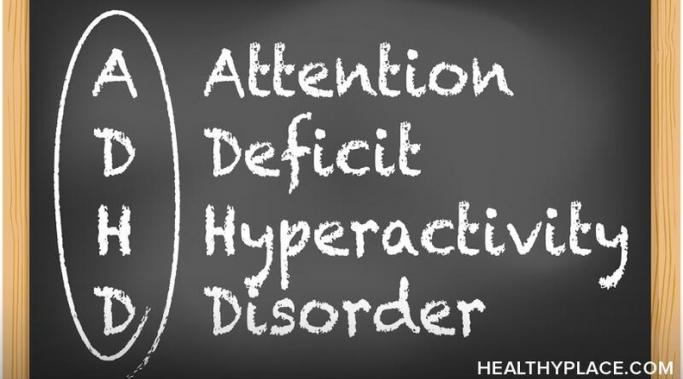Blogs
My physical therapist, Marge, really surprised me by starting a conversation about mental health stigma on my last visit with her. I need to be in physical therapy because I’m recovering from double knee replacement surgery. Our conversations have revealed that she’s very anti-mental health stigma. Some people aren’t, so I just don’t discuss it with them. Physical therapy suddenly took on a whole new dimension.
I have experienced anxiety and loss. It's been about five years since the loss of my father, and this year, I've been reminded that grief takes its own route and doesn't operate on a schedule -- particularly with regard to anxiety and loss.
Time flies when you are neurodivergent. I know this because I am not neurotypical, given that I have been diagnosed with double depression and generalized anxiety disorder. I am aware that many people do not consider depression and anxiety as neurodiverse conditions. But I do, and my lived experience matters. Plus, my psychiatrist himself told me that having depression and anxiety for years has changed the structure of my brain such that it is different from that of a person without depression and anxiety. So, let's talk about time and neurodivergence.
Recovering from a mental illness is already hard, but being prescribed the wrong mental health medication makes the experience even harder. In the past, I have been prescribed the wrong mental health medications, and I’ve heard many stories of others who have had to deal with the same situation. Being medicated incorrectly can be harmful, so speaking up when there’s something wrong is critical.
In my self-esteem journey, I've turned to exercise as a constant companion. Whether it's yoga, sports, weight lifting, or biking, the benefits of physical activity have been my steadfast allies. What I have come to realize, however, is that the positive impact of exercise goes far beyond the physical realm; it extends deep into the subjective domain, influencing the way I perceive myself. Ultimately, I've found that exercise boosts my self-esteem.
I often hide depression with a smile, even when I'm actually extremely depressed. This is a characteristic of "high-functioning" bipolar or depression. In other words, I'm carrying on with life and maybe even look okay, but really, I am drying inside. I've had practice looking mentally well when being really sick for years. I'm awfully good at it. But while this allows me to move through the world more successfully than some, there are also problems when you hide depression despite being very ill.
The creation of art can help with depression. During the cold season, when I'm stuck indoors, it becomes tempting to spend a lot of time sleeping. This only makes me feel depressed. To combat this, I try to find fun activities that challenge my mind. This year, I discovered joy in diamond painting. To learn how this artistic hobby helps with depression, read on.
I have a bipolar routine that I adhere to pretty rigidly. This is important for my mental wellness. However, I know that one reason some people don't want a bipolar routine is because they fear the rigidity that can come with it. I can understand that, so let's take a look at bipolar routines and their rigidity.
I am a recovered compulsive gambler. Overcoming gambling dependency was a long road of self-discovery and transformation. Going through the process of breaking free from the shackles of compulsive gambling left me vulnerable and a lot like someone who’s on the outside looking in. As a recovered compulsive gambler, I continue to identify as a gambling addict despite my recovery milestones because owning this identity gives me power over the compulsion that held me hostage for so long.
Managing attention-deficit/hyperactivity (ADHD) behaviors can be challenging for many people, especially those in abuse recovery. Often, triggers can amplify a person's reactions to someone's actions or words. In some cases, like mine, my battle with ADHD helped fuel my verbal abuse recovery process.









